In a youth-obsessed culture staring down a chronic disease epidemic, too many people fall prey to products touting bold anti-aging claims.
It’s become such a problem that regulatory agencies have begun stepping in and limiting the use of “anti-aging” claims in things like skin care products.
Regardless, people are hungry for legitimate ways to slow the aging process and preserve their energy, appearance, and vitality.
Although anti-aging trends come and go, research continually points to one common denominator for slowing aging and preventing age-related conditions: a healthy diet and lifestyle.
Case in point: a new study suggests that a combination of vitamin D, omega-3s, and exercise may slow biological aging.
This is consistent with various findings about the anti-aging benefits of these and other nutrients combined with a healthy, active lifestyle.
In this article, we’ll explore the results of this new study plus explain how specific vitamins, minerals, and nutrients can help slow the aging process and promote youthful vitality.
Vitamin D, Omega-3s, and Biological Aging: What You Need To Know
The results of a recent study published in Nature on how vitamin D, omega-3s, and exercise can slow aging have created quite a buzz.
In the three-year study, researchers followed 2,157 people aged 70 and older living in European countries to see how incorporating vitamin D, omega-3s, and regular exercise may or may not impact their biological age*.
*Biological age is how old our bodies are (cells, organs, etc.) in relation to our chronological age. Remarkably, many people are much older or younger biologically than the number of times they’ve been around the sun.
The study subjects took 2,000 IU of vitamin D and/or one gram of omega-3 fatty acids daily, combined with 30 minutes of strength training three times a week.
The results from blood samples, telephone interviews, and DNA extractions collected throughout the three-year study revealed the following:
- 777 of the participants who took only the omega-3 supplement lowered their biological age by approximately four months.
- Participants who did all three (vitamin D, omega-3, and exercise) had even more significant results and lowered their cancer risks by 61% while improving their overall health.
- 13% of the omega-3 only group saw a reduction in infections, and 10% saw a reduction in falls.
These findings are significant for such a simple supplement routine and lifestyle shift!
Proof that adopting a healthy, anti-aging lifestyle is accessible, affordable, and need not be extreme.
How Do Vitamins Help Lower Biological Aging?
Although we do not understand everything about how different vitamins, minerals, and nutrients can help lower biological aging, we do know a few things for sure.
1: Certain vitamins and minerals, such as vitamins C, E, and selenium, act as antioxidants.
Multiple studies have shown that various antioxidants help reduce wear and tear on the body by scavenging free radicals (unstable molecules that damage cells over time).
The less free radical damage, the less inflammation, and the healthier the cells. The healthier the cells, the slower the aging process and risk of degenerative disease.
2: Optimizing specific nutrients, such as vitamin A, D, C, zinc, and selenium, is critical for normal immune function.
The immune system plays a vital role in keeping us healthy and alive. It fends off infections, bacteria, and pathogens that can lead to serious illness, chronic disease, aging, and death.
Normal immune function is also necessary to control the body’s inflammatory response and prevent inflammatory-related diseases such as heart disease, joint pain, skin issues, and autoimmune conditions.
Related reading: 10+ Benefits Of Zinc For Immunity, Skin, Hormonal Health, & More
3: Certain nutrients have anti-aging skin benefits.
For example, vitamins A and C have been shown to reduce photo-aging (sun damage), promote collagen production, and protect the skin from premature aging when applied topically or taken internally.
Omega-3 fatty acids have also shown promise for supporting healthy skin and skin barrier function and may help with sun damage.
4: Omega-3 fatty acids and vitamin D have been extensively studied for their cardiovascular benefits.
Cardiovascular health is critical to normal biological aging, preventing heart disease, and maintaining energy, skin health, circulation, and more.
Learn more in: The Best Omega-3 Fatty Acid Supplement & Food Sources
5: Good nutrition can help offset stress.
Stress is one of the leading causes of premature aging.
Although stress-reducing practices like meditation, spending time in nature, and exercise are of the utmost importance, optimizing certain nutrients in the diet, like magnesium and B-vitamins, can have a profound effect on stress levels.
6: Vitamin D and K are essential for bone health and protection.
Vitamin D is as essential to maintaining bone health as calcium, which tends to become compromised as we age (especially in menopausal women).
Many people don’t realize the symbiotic relationship between vitamin D and vitamin K.
Vitamin D helps free up calcium so it can get to the bone, and vitamin K acts as the shuttle, ensuring the calcium gets into the bone and not into troublesome places like the arteries or kidneys.
7: Nutrients and phytonutrients (from plants) help attenuate the “hallmarks of aging.”
This final point speaks volumes, and sums everything up nicely.
As noted in a 2024 review article in Frontiers in Nutrition, various studies suggest different phytonutrients (from plants) help modulate the “hallmarks” of aging, including:
- Genomic instability (characteristic of gene mutations and cancer cells)
- Telomere attrition (a cause of cellular aging)
- Epigenetic alterations (how genes are expressed or not expressed)
- Loss of proteostasis (linked to neurodegenerative diseases)
- Deregulated nutrient sensing (inability to sense nutrients for absorption)
- Cellular senescence (a state where cells stop dividing and enter into a state of rest)
- Mitochondrial dysfunction (mitochondria are the energy powerhouses of the cells)
- Stem cell exhaustion (impairs the body’s ability to repair and maintain healthy tissues and DNA)
- Altered intercellular communication (poor cellular communication)
- Disabled macroautophagy (cells are unable to recycle damaged cells as efficiently)
- Chronic inflammation
- Age-related dysbiosis (gut microbiome disruption/infection)
In other words, nutrients are essential for preventing nearly all age-related health issues.
These are just a few examples of the many ways—known, suspected, and unknown—that vitamins, minerals, and other nutrients can help slow the aging process.
The Best Sources of Anti-Aging Vitamins & Nutrients
As always, the best source of life-giving, anti-aging nutrients is a colorful and diverse diet of whole foods, including fruits, vegetables, herbs and spices, whole grains, lean proteins, and healthy fats.
Fruits and vegetables are primary because they contain those previously mentioned age-defying phytonutrients, including:
- Vitamins
- Minerals
- Water
- Fiber
- Prebiotics
- Antioxidants such as polyphenols and flavonoids
- Disease-fighting compounds such as sulfonamides in brassicas, carotenoids in orange, red, and yellow vegetables, and powerful antioxidants in berries
Protein is also essential for supporting various aspects of health, such as hormonal balance and muscle growth/preservation.
Carbohydrates from whole grains provide a clean energy source, various vitamins and minerals, and are often fiber-rich.
Finally, healthy fats such as olive oil, avocados, nuts and seeds, and fatty fish provide a vehicle for fat-soluble vitamin assimilation and absorption, increase satiety, and have anti-inflammatory properties (especially omega-3s).
Related reading: 15 Delicious Sources of Fiber For Gut Health, Satiety, Heart Health, & More
Dietary Supplements Can Help Optimize Nutrients and Fill in Nutritional Gaps
This is especially true for vitamin D and omega-3 fatty acids, which are often lacking from American diets.
For example, the sun is our main source of vitamin D, not foods, of which few contain it.
This, along with the prevalence of indoor lifestyles and sunscreen use, explains why so many people are vitamin D deficient.
In contrast, omega-3s are found in various foods, but not compared to other nutrients.
Research suggests most Americans do not consume enough anti-inflammatory omega-3s compared to pro-inflammatory omega-6 fatty acids from things like meats and vegetable oils.
A ratio of 1:1 to 4:1 (Omega-6 to Omega-3) is considered a healthy ratio.
For this reason, many doctors and healthcare professionals recommend vitamin D and omega-3s supplements, like those from Country Life.
Other evidence-backed anti-aging supplements include:
Talk to your doctor or healthcare practitioner for individual recommendations.
A Quick Recap On The Anti-Aging Benefits Of Vitamin D, Omega-3s, And Other Nutrients
We’ve covered a lot in this article, so let’s recap the highlights.
Research suggests various nutrients, including vitamin D and omega-3s, can have measurable anti-aging effects, especially when combined with a healthy active lifestyle.
This proves three valuable points often down-played by anti-aging product marketers and trends:
- That good nutrition is foundational throughout every season of life (and it’s never too late to upgrade your diet).
- That small, practical changes, as outlined in the featured study, can have profound effects on biological aging.
- That an anti-aging lifestyle doesn’t need to cost a fortune or require dramatic changes, investments, or sacrifices to be effective.
That’s the power of nutrition in action!
Learn more about the benefits of vitamin D, omega-3s, and other foods & supplements in:
- The Best Vitamins for Healthy-Aging: An Ageless Theory Highlight
- Is It a Vitamin D Deficiency? Learn The Signs & Symptoms Here
- The Best Omega-3 Fatty Acid Supplement & Food Sources
- 15 Super Healthy Green Foods + Healthy Meal & Snack Ideas
- What Are The Best Vitamins or Supplements For Eyes?
References:
- “Individual and additive effects of vitamin D, omega-3 and exercise on DNA methylation clocks of biological aging in older adults from the DO-HEALTH trial”. Nature Aging.
- “Understanding Antioxidants”. Harvard Health.
- “The relationship between nutrition and the immune system”. Frontiers in Nutrition.
- “Skin Photoaging and the Role of Antioxidants in Its Prevention”. ISRN Dermatology.
- “Vitamin D as a Shield against Aging”. International Journal of Molecular Sciences.
- “The Potential Uses of Omega-3 Fatty Acids in Dermatology: A Review”. J Cutan Med Surg.
- “The Link between Chronic Stress and Accelerated Aging”. Biomedicines.
- “Omega-3 foods: Incorporating healthy fats into your diet”. Harvard Health Publishing.
- “A Systematic Review and Meta-Analysis of B Vitamin Supplementation on Depressive Symptoms, Anxiety, and Stress: Effects on Healthy and ‘At-Risk’ Individuals”. Nutrients.
- “Magnesium in the Central Nervous System [Internet]”. Adelaide (AU): University of Adelaide Press; 2011. PMID: 29920004.
- “Phytonutrients in the promotion of healthspan: A new perspective”. Frontiers in Nutrition
- “Vitamin D: An Evidence-Based Review”. The Journal of the American Board of Family Medicine.
- “Food Sources of Vitamin D”. USDA Dietary Guidelines for Americans.
- “Omega-3 Fatty Acids”. The National Institute of Health Office of Dietary Supplements.
- “Omega-3 foods: Incorporating healthy fats into your diet”. Harvard Health Publishing Harvard Medical School.
- “The combination effect of vitamin K and vitamin D on human bone quality: a meta-analysis of randomized controlled trials”. Food Funct.
- “Omega-3 Fatty Acids”. The National Institute of Health Office of Dietary Supplements.
- “Health implications of high dietary omega-6 polyunsaturated Fatty acids”. J Nutr Metab.
- “Mechanisms of Aging and the Preventive Effects of Resveratrol on Age-Related Diseases.” Molecules.
- “Aging and its treatment with vitamin C: a comprehensive mechanistic review”. Mol Biol Rep.
- “A Review of the Role of Green Tea (Camellia sinensis) in Antiphotoaging, Stress Resistance, Neuroprotection, and Autophagy”. Nutrients
- “The Role of Coenzyme Q10 in Skin Aging and Opportunities for Topical Intervention: A Review”. The Journal of Clinical and Aesthetic Dermatology.
- “Coenzyme Q10: Clinical Applications beyond Cardiovascular Diseases”. Nutrients
- “Therapeutic application of quercetin in aging-related diseases: SIRT1 as a potential mechanism”. Front Immunol.
- “Glutathione and its antiaging and antimelanogenic effects”. Clin Cosmet Investig Dermatol.

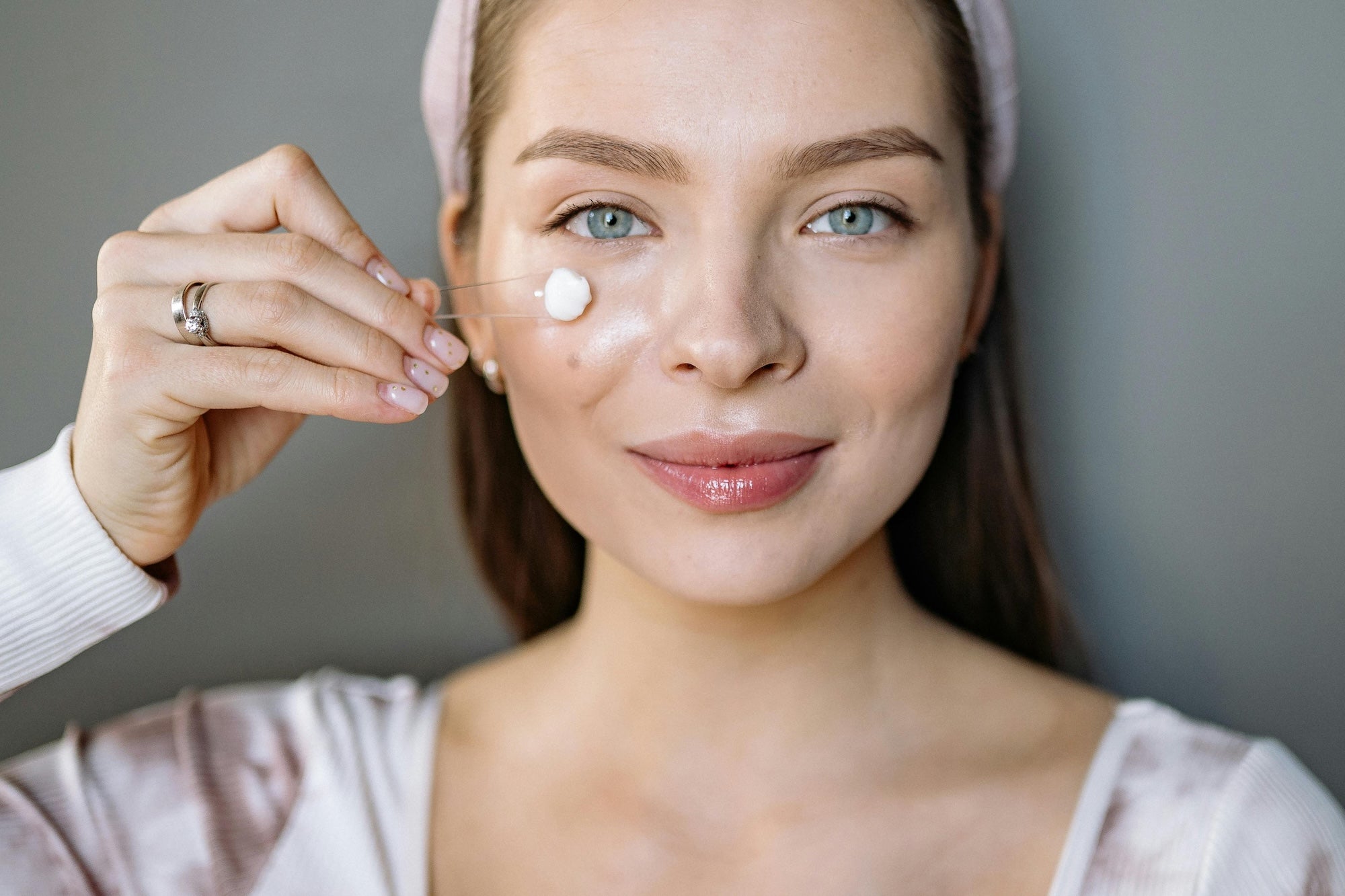
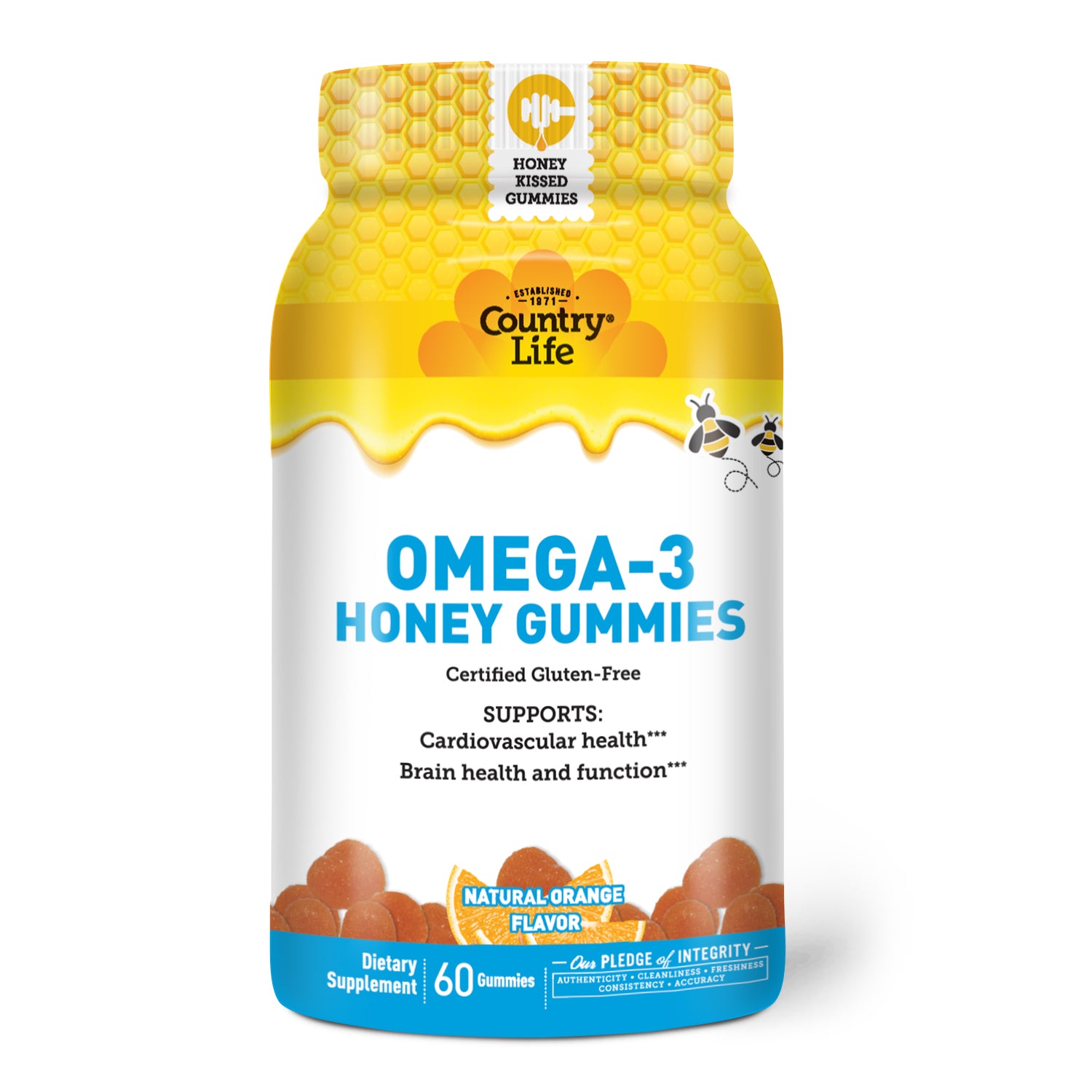
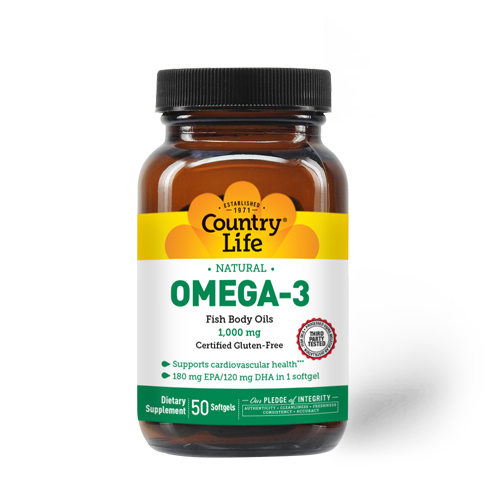
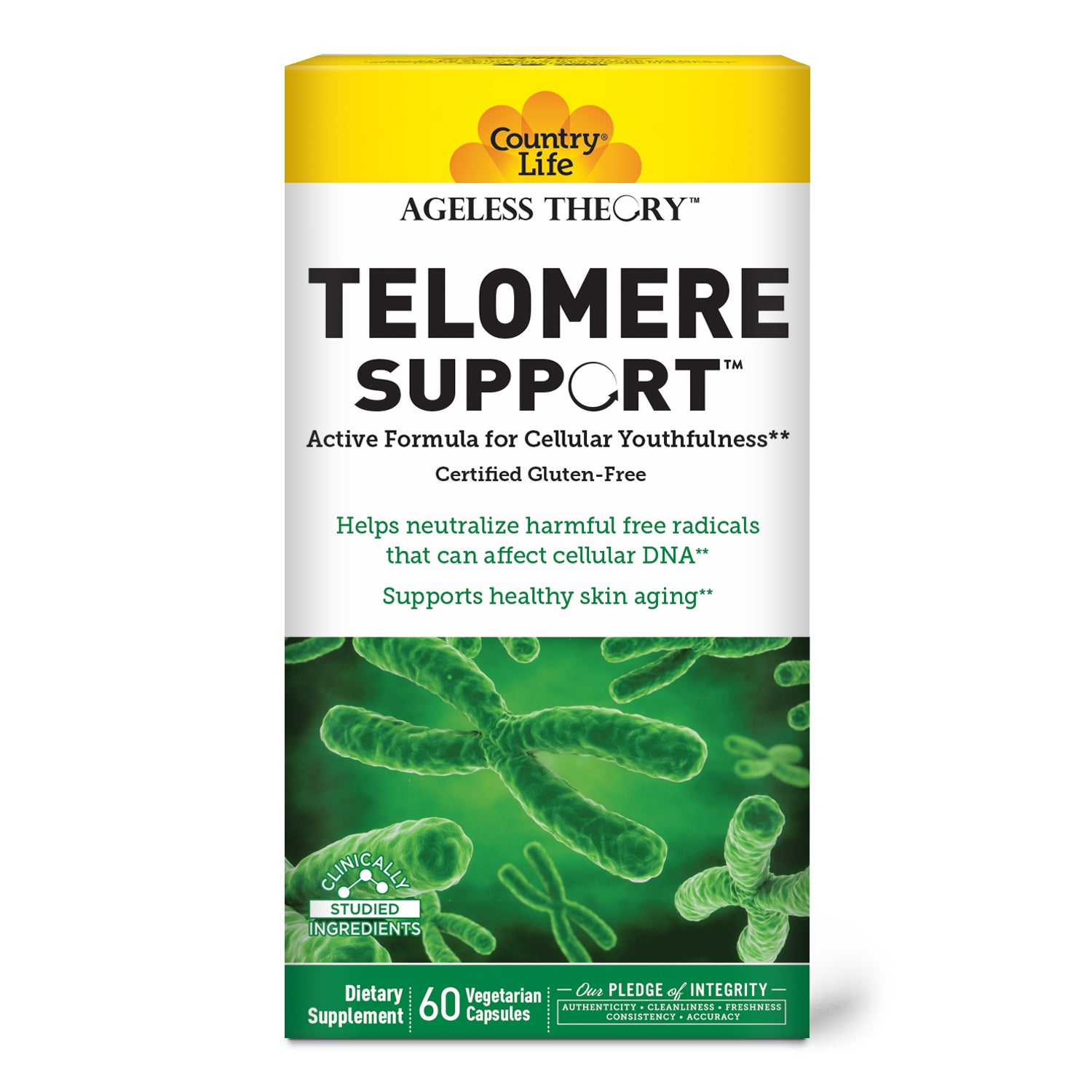
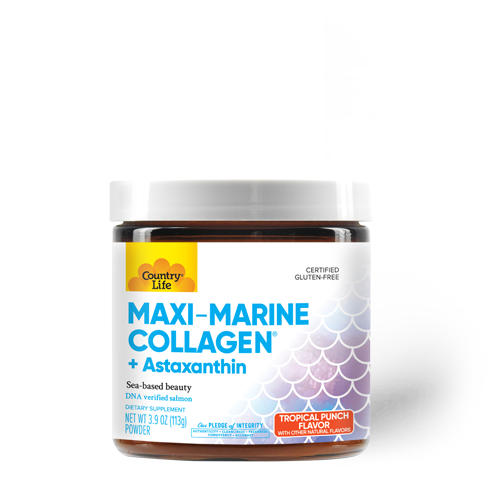
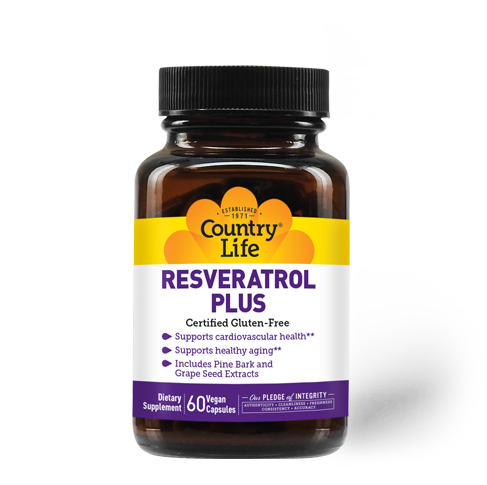










Share:
A Guide To Vitamins & Supplements While On GLP-1
The Role of B-Vitamins in Stress Management Support